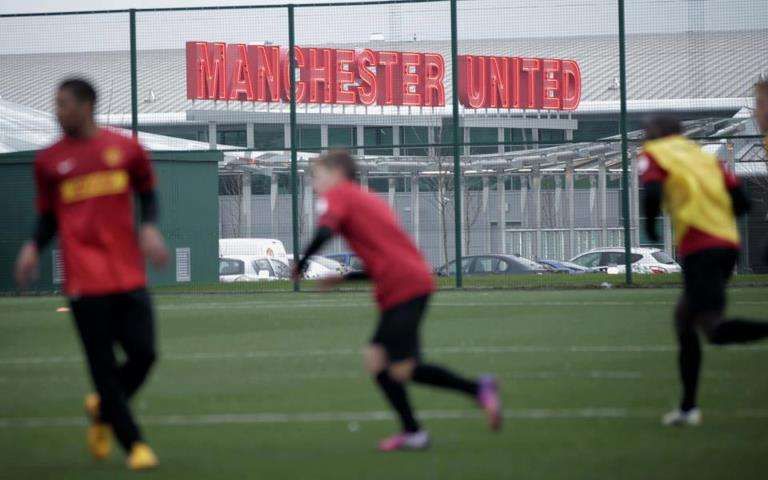
Why English football is still years behind the rest of the world
English football, or more accurately the Premier League, has been the source of inspiration for many a football fan for years. Supporters worldwide lap up the fare on offer from ‘the best league in the world’ and the money men continue to rub their hands together at the incredible rate at which the league makes them money.
It is, by quite some distance, the best-marketed league in the world. But there’s one problem. Only a quarter of the players in the English top flight are....well....English.
Since Howard Wilkinson introduced the concept of the Premier League academy structure way back in the early 1990’s, things have gone steadily downhill for English football.
They are meant to be the standard bearers for the world to follow suit, but one has to ask the question as to why is it that England haven’t won a major championship for 50 years. FIFTY YEARS!
The answer is, in fact, a simple one.
Academies were introduced to unearth and mould the English superstars of tomorrow. To give elite standard young players a platform that far exceeded the grassroots ‘park’ play with local teams.
To that extent, they have succeeded. Some of the facilities and standards of football seen from 9-16 years of age is truly a joy to watch. Often the football is so good that as a bystander, one can forget just how young some of the exponents are.
More: England prove why they are delusional, naive and massively overrated yet again at Euro 2016
Where has the system failed?

However, it’s a brutal regime and more and more pro clubs are now buying from the continent in order to give their clubs the best possible opportunity to blood youngsters into their first XI. It’s not uncommon to see players being signed from Germany, Poland, Spain or elsewhere around Europe.
Essentially what the academies were set up to create has now been pushed to one side. English youth players are finding it harder and harder to make the grade at professional level. Why? Not just because the talent pool is decreasing, but the number of English players in academies is dwindling year on year.
Those that do make it to the very top are then in the minority. Think about it for a moment. 75 percent or higher is the figure of foreign players in the Premier League. It’s astonishing. It’s worth looking at the way English football has developed over the same period too. Or rather hasn’t developed.
One of the main reasons that English clubs still struggle in European competition or the national team struggle in the European Championships and World Cups, is because, despite an influx of foreign experience, England still remains light years behind its contemporaries.
The ‘closed shop’ mentality means that there are very few within the game that are willing to try something different, something new. That’s where Arsene Wenger deserves huge kudos that he at least tried to change the mentality at Arsenal to something a little more continental.
But they too are suffering from a lack of top quality English talent coming through the ranks. Further, when one thinks about an English Premier League player, it’s often said that they are reliant on their physicality and that their technical skills are somewhat lacking behind their European counterparts.
That’s precisely because it is taught at academies from as young as nine years of age, to ‘bully one’s opponent,’ ‘knock them out of their stride’ etc. The lack of ball retention and indeed ball skills and the formative age groups is what harms those players as they approach professional level.
Yes, they’re built to withstand an expected physical barrage, but they’ve not learned the simple basics of how to manipulate the ball, space and opposition. Next time you watch a La Liga game, look at how Barcelona ALWAYS play it out from the back. Even their keepers prefer to pass short rather than hoofing it upfield.
Then pay particular attention to English players from a Premier League game on the same weekend. You’ll be left open-mouthed at just how poor he is in comparison. Old, antiquated ideas, peddled by ex-pros who don’t know any different. A young man’s game defined by old age pensioners.
Roy Hodgson is 68 years of age. Experienced yes but from a different era, and this was the man entrusted with the wellbeing of his country’s future.
I rest my case.
